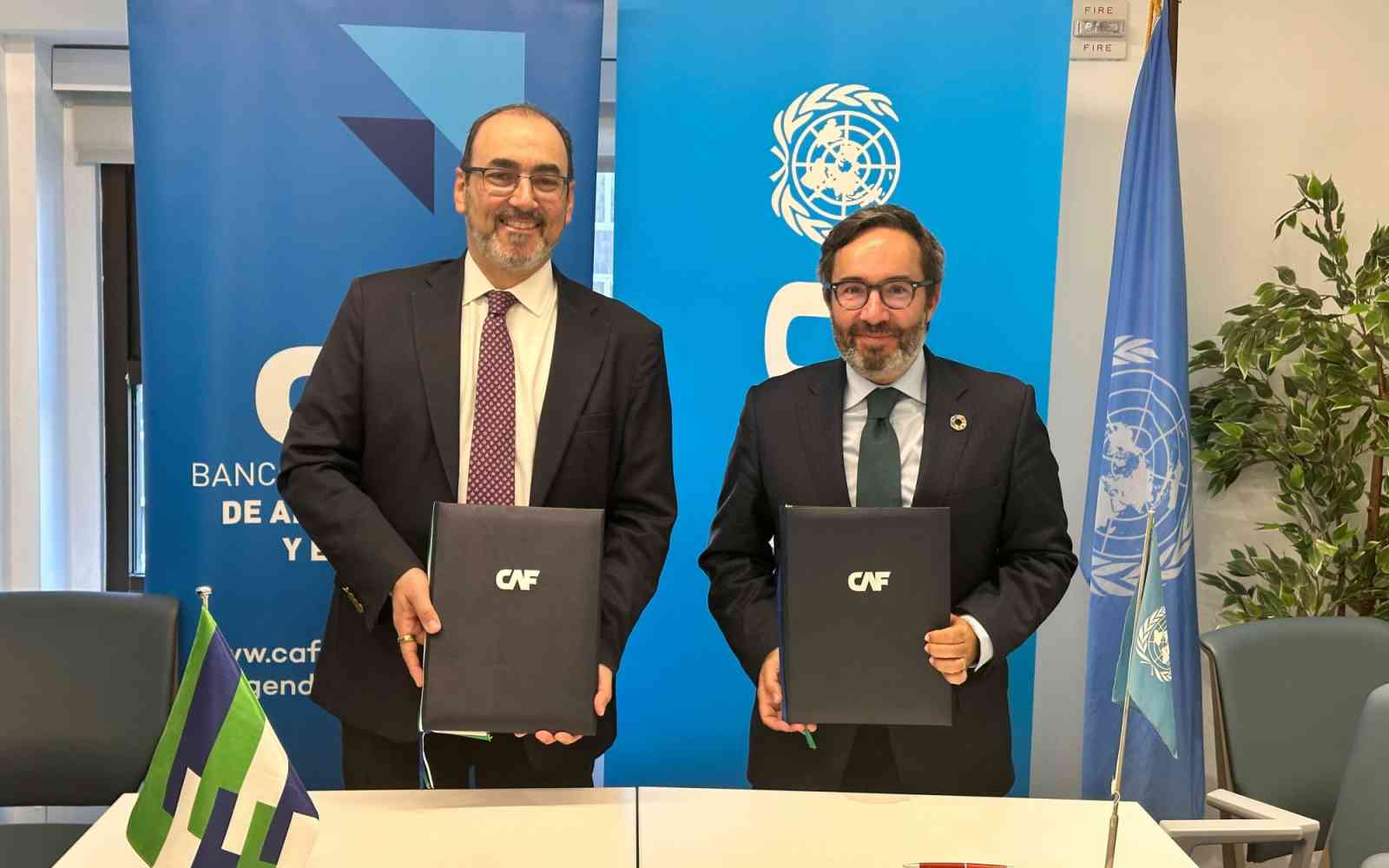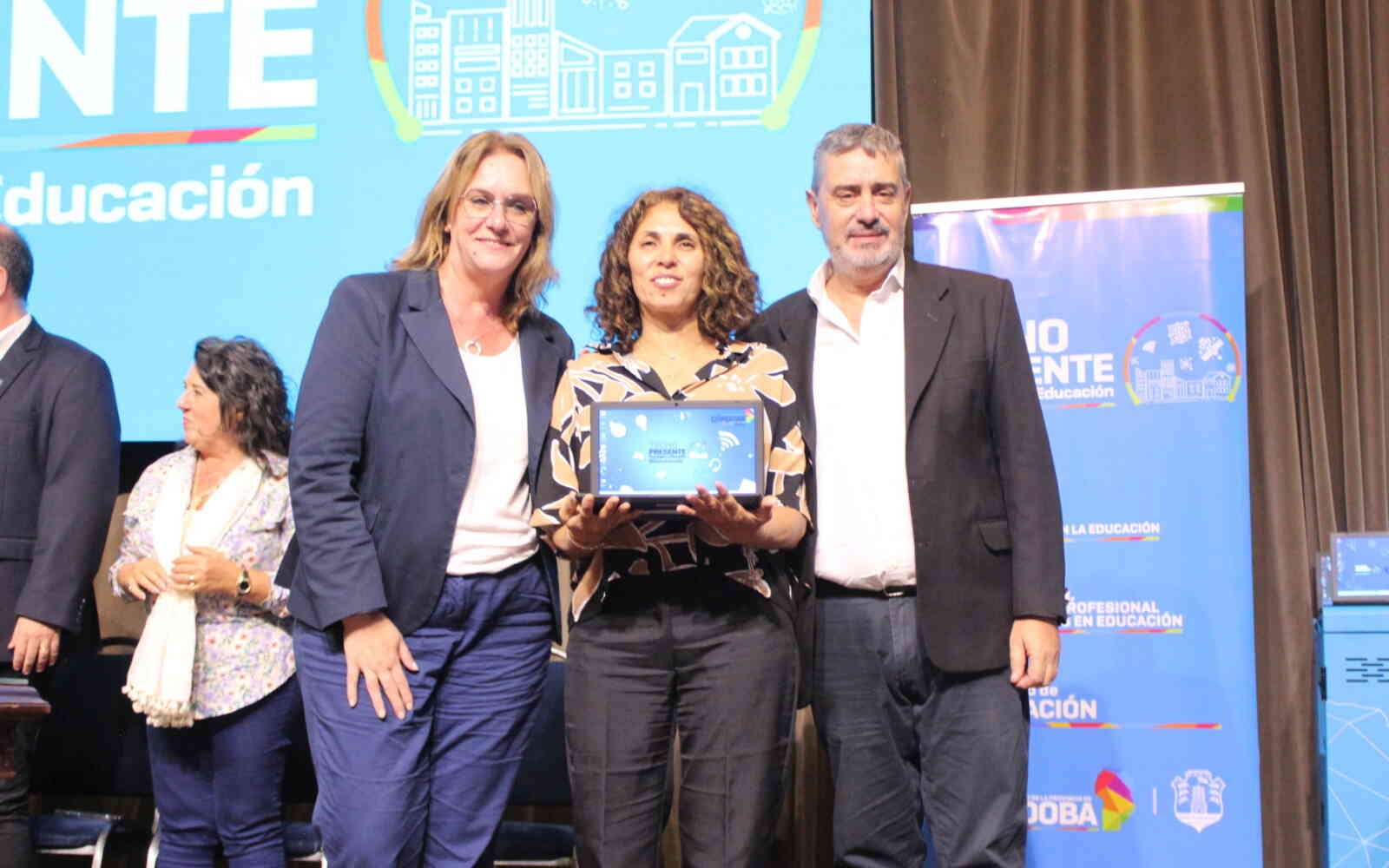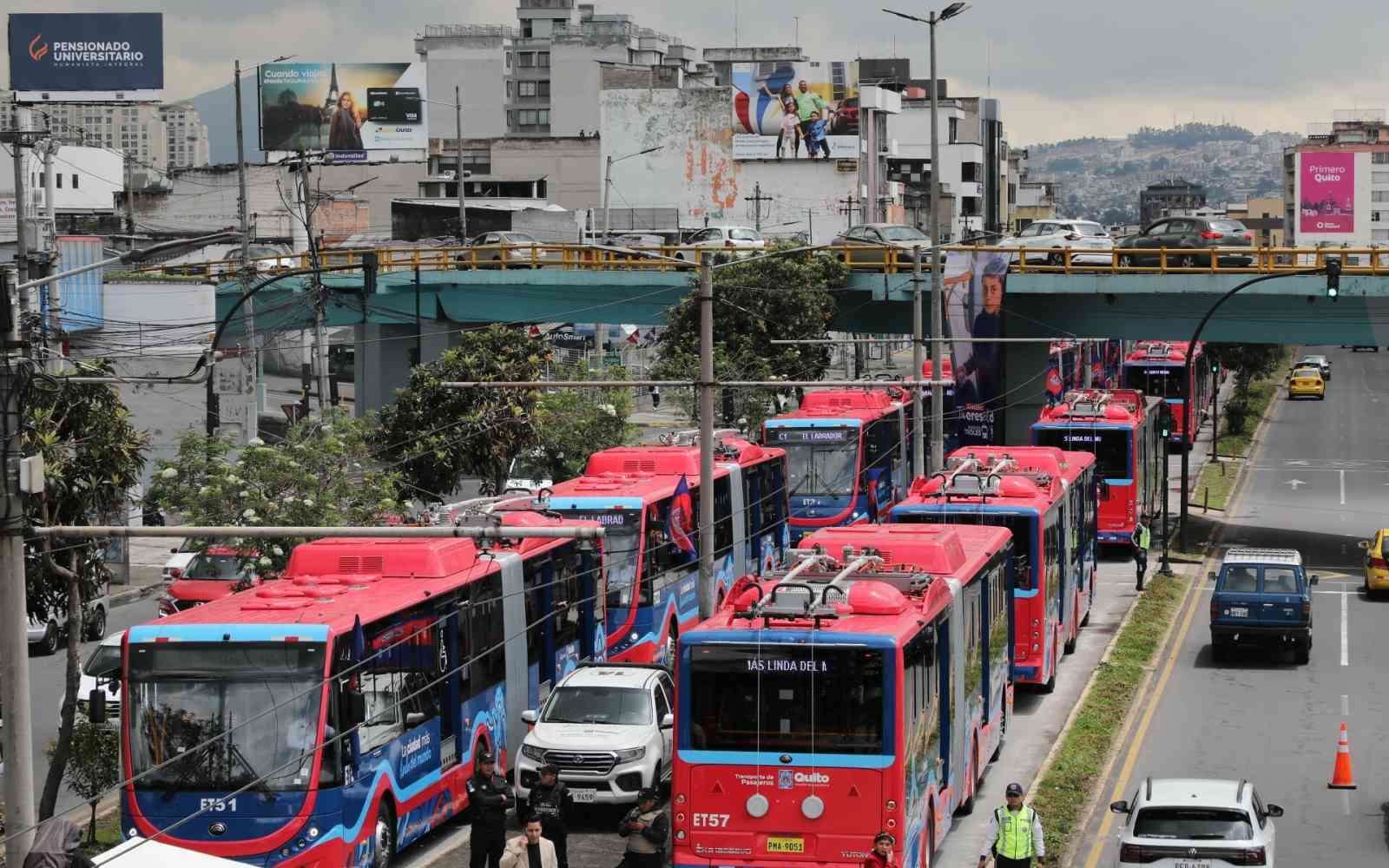The United Nations Office for Project Services (UNOPS)
Bolstering sustainable development in Latin America and the Caribbean
A new cooperation agreement between UNOPS and the Inter American Development Bank (IDB) – signed on the sidelines of the 79th Session of the UN General Assembly – aims to build climate-resilience and advance sustainable development across the region.
The signing of the new @UNOPS - @the_IDB agreement with President @igoldfajn. I am pleased to strengthen our partnership, supporting Latin American & Caribbean countries in building resilient infrastructure & advancing SDGs. pic.twitter.com/46ajI4sip5
— Jorge Moreira da Silva (@UNOPS_Chief) September 25, 2024
UNOPS Executive Director Jorge Moreira da Silva and President of the IDB Ilan Goldfajn signed a Procedural Framework Agreement (PFA) that will provide a framework for further cooperation and collaboration between the two organizations. The agreement will facilitate the successful implementation of resilient infrastructure and sustainable procurement projects to advance climate action and accelerate progress towards the Sustainable Development Goals in the Latin America and Caribbean region.
This agreement marks a significant step forward in our collective efforts to help tackle the climate crisis and advance sustainable development across Latin America and Caribbean. We are proud to establish a strong framework for cooperation with the IDB that will help to address current needs and respond to future challenges.
“The IDB’s Impact+ transformational changes underscores the importance of synergies, partnerships, resource mobilization, and collaboration with other multilateral agencies. The multilateral development banks are collaborating in an unprecedented way,” said Ilan Goldfajn, President of the IDB.
“By systematically harmonizing and simplifying our frameworks with UN agencies, we will build stronger ties that accelerate progress toward the sustainable development goals in Latin America and the Caribbean," he added.
The agreement continues a strong partnership between UNOPS and IDB. Since 2017, UNOPS has implemented more than 15 IDB-funded projects in Latin America and the Caribbean – from strengthening transportation infrastructure, health and education systems, to responding to urgent humanitarian needs.
Read the full press release here.












